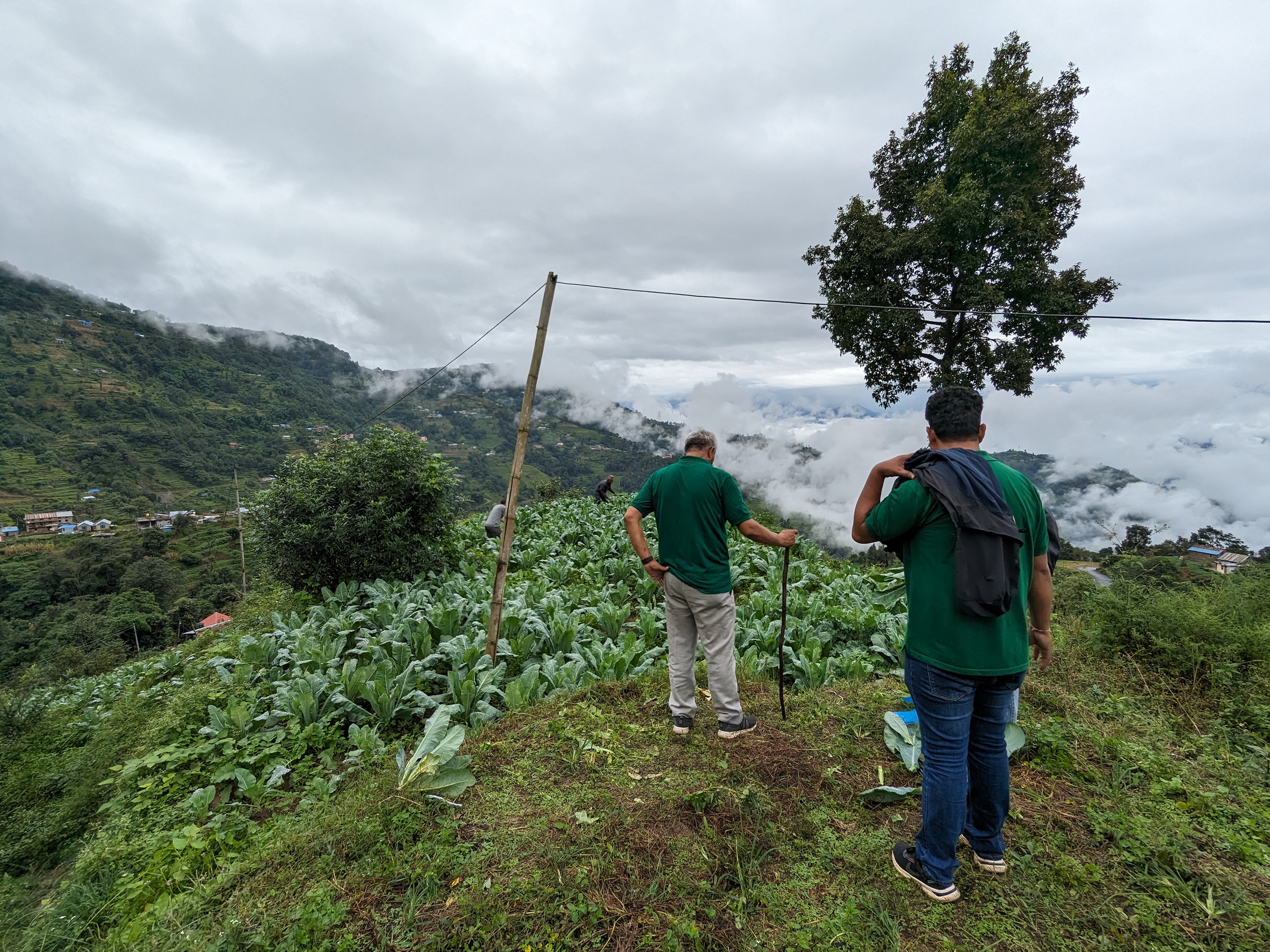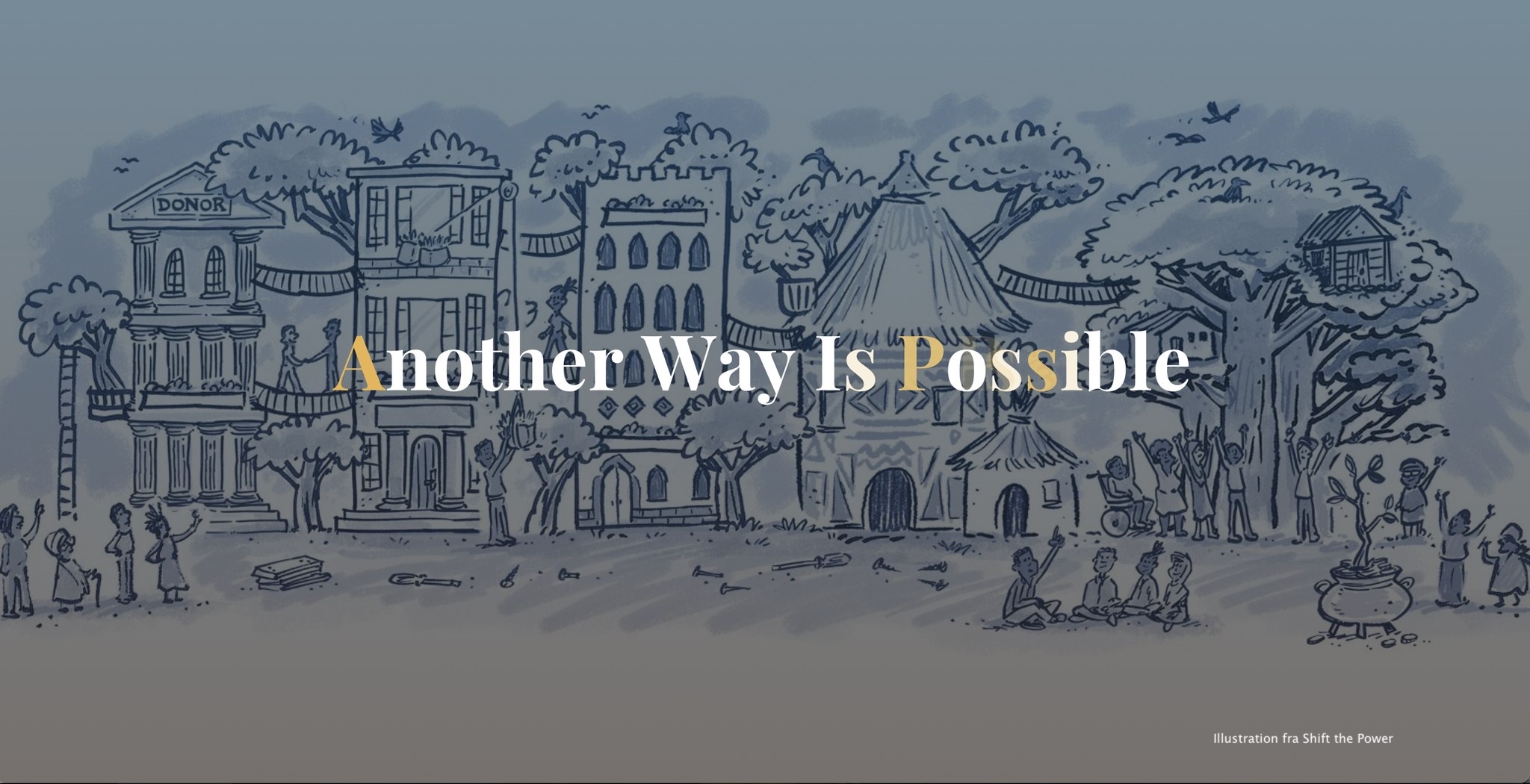A better life – educating and protecting children in Helambu, Nepal
Quality education is a cornerstone in the fight against poverty and inequality. It plays a key role in the development of social and economic justice, gender equality and the development of a robust democracy.
Inclusive and equitable quality education, the right of all children to receive education in the context of their communities, rooted in their cultural context is highlighted in SDG 4 ‘Quality Education’.
It is with this in mind that CICED is embarking on a three-year project with our partner Just Nepal Foundation. The project is implemented in close collaboration with Helambu Rural Municipality of Sindhupalchock.
A host of challenges
The project area was a hotspot during the Nepalese civil war that ended in 2006, which left deep scars on the local community.
The area was also hit hard by an earthquake in 2015. It had the highest death toll in the country and 95% of homes and infrastructure were destroyed. Many families are still living in makeshift houses as the social and economic effects of the earthquake were not fully compensated.
The area is also home to the highest rate of human trafficking in Nepal. High-risk youth migration, primarily to the Middle East, is also high, and the challenges are mounting.
With a new federal system in 2018, for the first time in modern times, a person from the area was elected to the position of mayor. And that opens up new opportunities.
Hindu caste-based discrimination in Nepal is prevalent in schools. The education system is rooted in and reproduces a vicious cycle of inequality and discrimination based on caste and ethnicity. Two-thirds of the children enrolled in Helambu schools drop out before completing fifth grade.
“It’s the whole attitude that is at the heart of the education problem in Nepal. You find great tolerance for inequality and there is a pretty pervasive belief that the poor, the marginalized, the lower castes, are somehow responsible for their own condition. We often see that teachers and communities don’t understand each other. Teachers and school management often come from castes or ethnic groups that are different from the local community. Often the language of the teachers is different from that of the community. When a child arrives on the first day of school, she often doesn’t understand what the teacher is saying and may even be forbidden to speak in her mother tongue, even though the school itself is located in the middle of her village.” explains Rita Tisdall, Project Manager at CICED.
Therefore, in addition to teacher training, the training of school and parent committees is an important part of the project. The project has a strong focus on strengthening civil society.
“Our local community is characterized by a culture of division. If we are to successfully address this and promote robust gatekeeping to stop trafficking of girls, we need to expand the scope and meaning of school. The whole community needs to be involved,” explains the mayor of Helambu
A two-stage rocket to a better future
The project focuses on two fronts. First, we mobilize and empower parents, communities, schools and local governors through a ‘Total School Approach’ to collectively confront the obstacles that exist in respective communities and schools. We facilitate a process where schools and their communities can become partners and develop a shared vision for children and their education.
Secondly, we are working to improve the education that children receive at school. Teaching should be rooted in the children’s own world, in the challenges and history of the local community and not primarily in a reality that is completely foreign to the children. And they need to be taught in a language they can understand.
There are 34 schools and communities involved in the project. They will be supported by Total School Approach Teams. Each team will have a specific cluster of schools where they live throughout the project and provide practical support and input.































